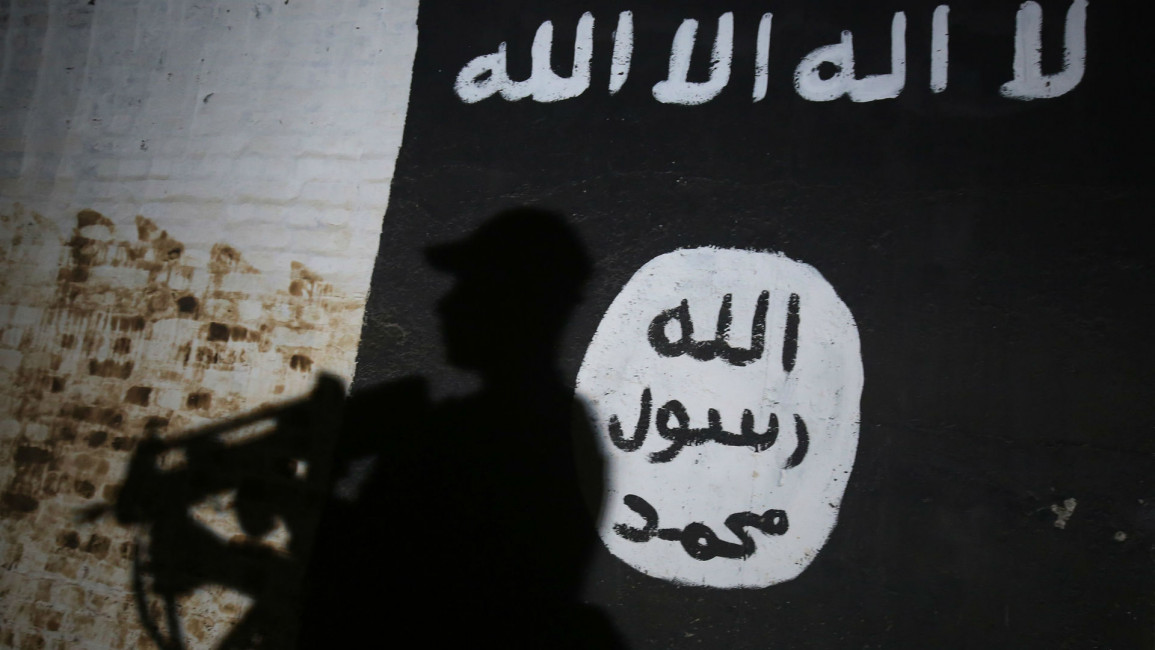No coalition consensus on foreign fighters detained in Syria
The fate of 700 foreign fighters detained in Syria as part of the US-led campaign against Islamic State militants will be up to each of their countries to decide, Canada's defence minister said on Thursday.
The prisoners are being held by Arab-Kurdish fighters from the Syrian Democratic Forces, which seized swaths of northern and eastern Syria from the IS in a months-long assault backed by US-led coalition air support.
The detainees hail from some 40 countries, according to US Secretary of Defence James Mattis.
"Every nation will have to go through their own due process on this," said Harjit Sajjan, speaking after a meeting of the coalition members in Chelsea, near the Canadian capital Ottawa.
He added that much investment had gone into ensuring their detention facilities were "in accordance with our standards."
IS overran large parts of Syria and neighbouring Iraq in 2014, declaring a "caliphate" across territories it controlled.
But various offensives in both countries have routed the jihadists from most of that land, crushing their dreams of statehood.
Coalition states are wary of bringing home nationals detained in the campaign because of difficulties in gathering evidence from a war zone and the threat of returning jihadists radicalising domestic inmates.
There is currently a demarcation line between areas controlled by the US-led coalition battling IS jihadists, mainly in eastern Syria, and those controlled by Syria and its Russian allies in western Syria.
The Syrian regime and its allies dispute the legality of the coalition's effective control of the north of the country, where there is a Kurdish majority, and are likely to challenge it.
Western nations say they want to "stabilise" the region to avoid a resurgence of IS and continue to fight its propaganda while attacking its jihadist networks. The aim of Thursday's talks was to firm up those plans.
"There's still work to be done," said Mattis.
The coalition gathering brought together defence ministers and representatives from the top 13 military contributing nations known as the Restricted Group, which includes Australia, Britain, Canada, Germany and the United States.
After expanding to control a self-styled "caliphate" straddling Syria and Iraq which was larger than Britain, IS suffered a string of military setbacks.
It has virtually no fixed positions left in Iraq and is now defending a few pockets in desert areas of Syria.
The coalition as well as the Syrian government and its Russian backers have all repeatedly vowed to carry on the fight until achieving a full victory over IS.
But analysts have warned that fully eradicating the jihadists from those desert hideouts where the state has a very limited footprint could prove almost impossible.
Follow us on Twitter: @The_NewArab



